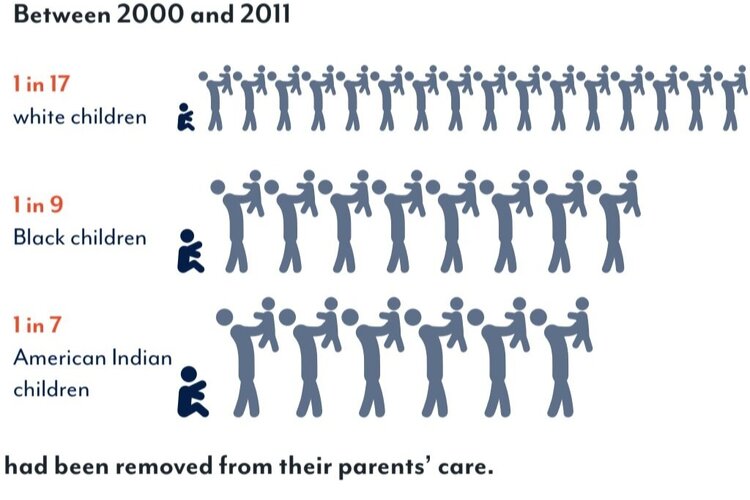American society is in a critical moment – one of progress and revolution full of promise for the liberation for Black and Brown people that we have been working towards. Dialogue about racism, anti-Blackness, policing, the need to divest from harmful systems, and invest in communities is rightfully at an all-time high. It is within this context that Movement for Family Power, along with co-publishers the Drug Policy Alliance and NYU Family Defense Clinic, are releasing a new report on the child welfare and foster system and the drug war, “Whatever they do, I’m her comfort, I’m her protector: How the foster system has become ground zero for the US drug war.”

The foster system holds perhaps the greatest power a state can exercise over its people: the power to forcibly take children away from parents and permanently sever parent-child relationships. Families deserve better. We are in the midst of a unique opportunity to radically reimagine how we support children and families in a way that does not rely on surveillance, policing, control, and family separation.
This report:
• Explores the impact of the foster system on Black and Brown families and communities;
• Debunks assumptions about the utility of the foster system and shares data on its harms to families;
• Clarifies policies where the drug war and the foster system intersect to the detriment of children, parents, and families;
• Shares data and case studies demonstrating how drug use has been conflated with abuse and neglect and torn families apart; and
• Makes recommendations for policy and program changes to resist surveillance and family separation and promote supportive practices.
This report is in part a plea to the social justice community and American society at large to embrace activism against the foster system as a core social justice cause of our time. It is also intended to expose and contextualize the harms of the foster system for actors complicit in it. We have the power to reimagine family safety and support. The recommendations included in the report are a starting point to do just that.
We must radically reimagine how we support children and families through an entirely different system that does not rely on surveillance, control, and family separation. The recommendations included in the report are a starting point to do just that.




